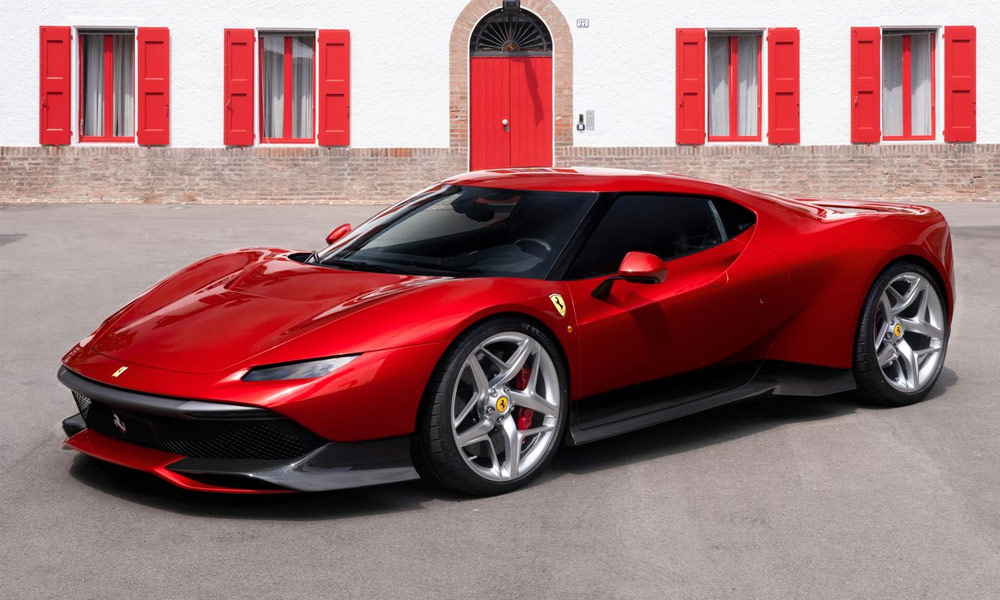The automobile has become an integral part of modern life and has revolutionized transportation. The history of the automobile dates back to the 19th century, and over the years, it has undergone significant changes. In this article, we will take a look at the key milestones and innovations that have shaped the automobile industry.
Key Milestones
- 1769: The first self-propelled vehicle was built by Nicolas-Joseph Cugnot, a French engineer. It was a steam-powered vehicle that could travel at a maximum speed of 2.5 mph.
- 1885: The first gasoline-powered automobile was built by Karl Benz, a German engineer. It had a top speed of 10 mph and was called the Benz Patent-Motorwagen.
- 1908: The Ford Model T was introduced, which was the first car that was affordable for the middle class. It was also the first car that was mass-produced using an assembly line.

- 1913: The electric starter was invented by Charles Kettering, which eliminated the need for a hand crank to start the car.
- 1927: The first car with a fully enclosed body, the Austin 7, was introduced. This was a significant milestone as it provided better protection from the elements and improved aerodynamics.
- 1959: The Mini was launched, which was a small, economical car that became popular in the UK and Europe.
- 1997: The Toyota Prius was introduced, which was the first mass-produced hybrid car. It used both gasoline and electric power to improve fuel efficiency.
Innovations
The automobile industry has also seen several innovations over the years that have improved safety, comfort, and performance. Some of these innovations include:
- Safety features: Over the years, several safety features have been introduced, such as seat belts, airbags, anti-lock brakes, and electronic stability control.
- Infotainment systems: Modern cars come with advanced infotainment systems that offer features such as GPS navigation, music streaming, and voice commands.
- Electric and hybrid power: As concerns about the environment and fuel efficiency have grown, electric and hybrid cars have become more popular. These cars use electric power to improve fuel efficiency and reduce emissions.
- Autonomous driving: Self-driving cars are no longer a thing of the future. Several car manufacturers are working on autonomous driving technology that can reduce accidents and improve traffic flow.
- Advanced materials: The use of advanced materials such as carbon fiber and aluminum has improved the performance and fuel efficiency of cars while reducing their weight.
The history of the automobile is a fascinating one, and it is still evolving. With the introduction of new technologies such as electric and autonomous cars, the future of the automobile industry looks promising.




